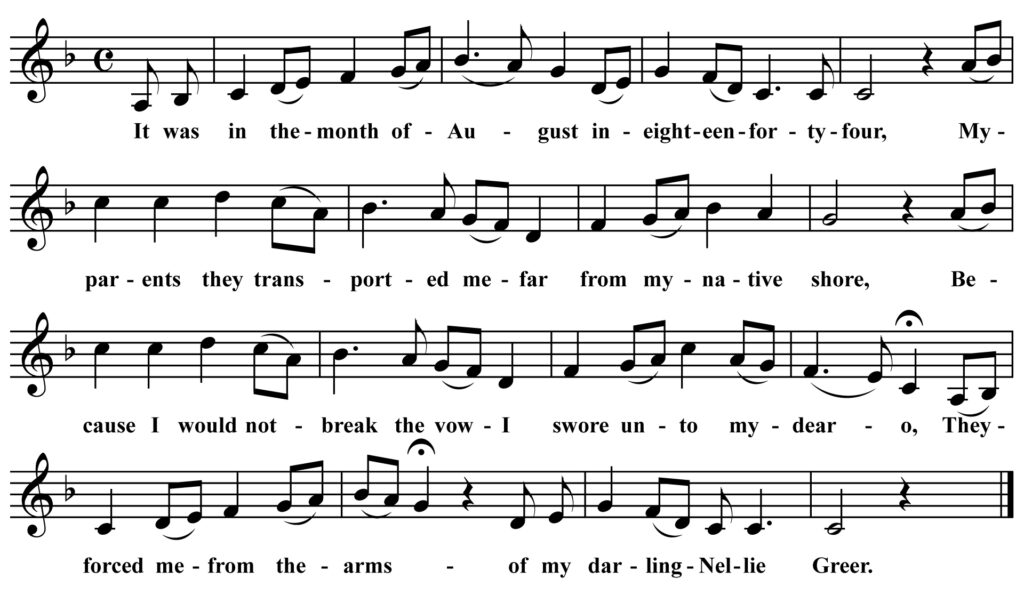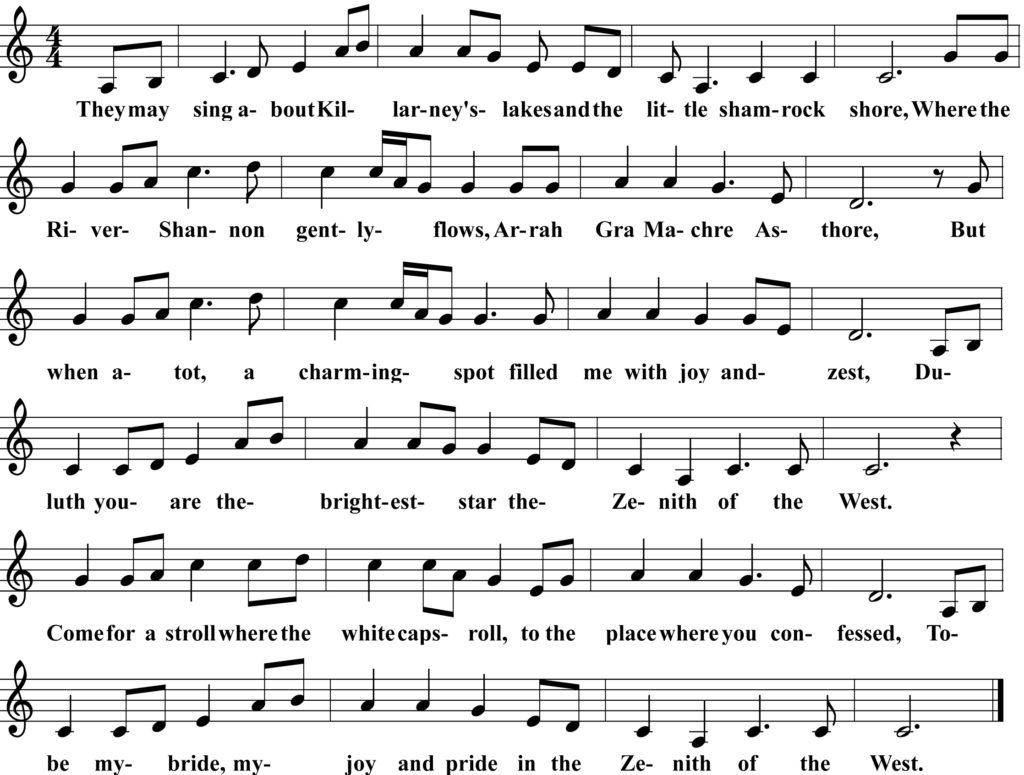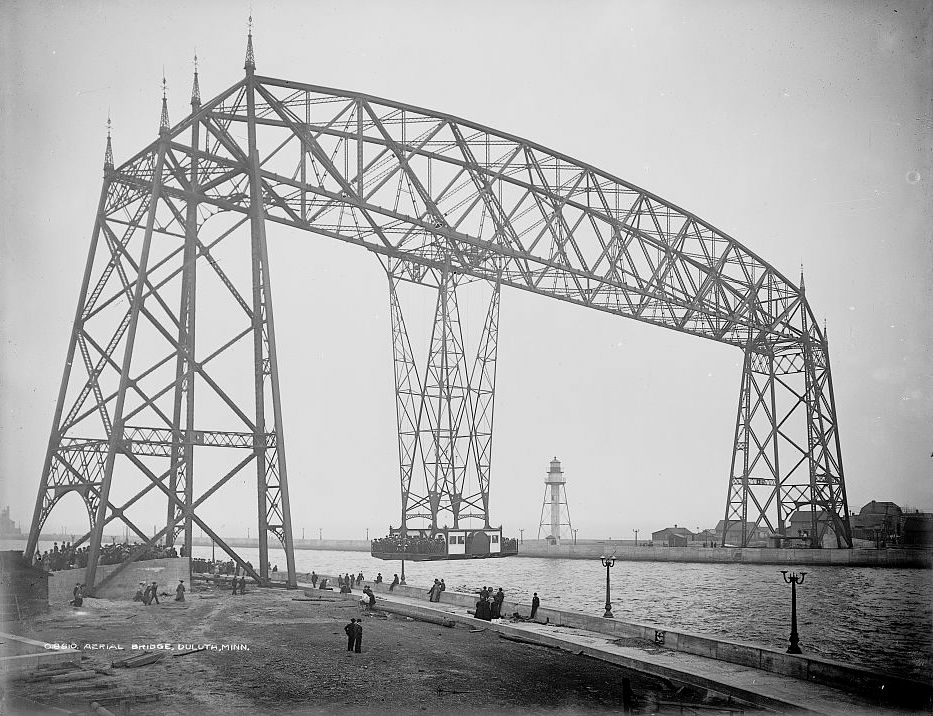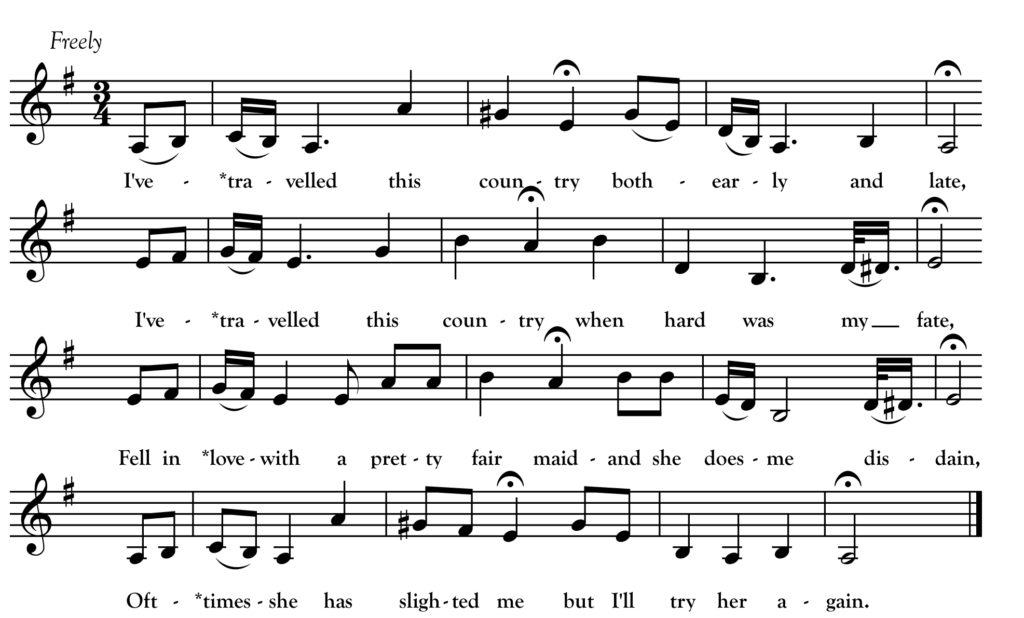Nellie Greer

It was in the month of August in eighteen forty-four,
My parents they transported me far from my native shore,
Because I would not break the vow I swore unto my dear-o,
They forced me from the arms of my darling Nellie Greer.
To leave my home and Ireland where my first breath I drew,
They sent me to America my fortune to pursue,
For three weeks on the ocean no danger did I fear-o,
For my heart was with the girl I left, my darling Nellie Greer.
The raging seas rolled mountains high, which tossed us to and fro,
Our ship she struck upon a rock and to pieces she did go,
Of three hundred fifty passengers, but thirteen reached the shore-o,
The others to the bottom went, we never saw them more.
We lay on St. Paul’s Island, for four long days, or five,
Our bed it was the cold, cold ground our covering was the skies,
Our money and our clothing gone from off that doleful wreck-o,
Now weren’t we a dreadful sight when we landed in Quebec?
I’d rather have my Nellie than riches, land or fame,
For riches are so fleeting and fame is but a name,
Though many miles divide us true love can never die-o,
I seem to hear her voice as I hear the night wind sigh.
I chose another song this month that depicts an Ireland to Canada immigration story. Unlike last month’s song, “Carnanbane,” “Nellie Greer” (Roud 4084) appears exclusively in North American collections so it could be that it was composed on this side of the Atlantic.
The destination here is Quebec (presumably Quebec City) which was the other main Canadian port of entry for Irish immigrants along with St. John, New Brunswick. St. Paul Island is a remote and extremely rugged island 15 miles northeast of Cape Breton, Nova Scotia. Edwin Guillet in The Great Migration wrote that St. Paul Island “has been the site of numerous shipwrecks; many vessels, carried out of their reckoning by the currents, having been dashed against it when concealed by fog, and instantly shattered to atoms. Human bones and other memorials of these disasters are strewed around its base.”
The above text is my own composite drawing on versions from Carrie Grover (Nova Scotia/Maine), Lena Bourne Fish (New York/New Hampshire), Mary Ann Galpin (Newfoundland) and Martin McManus (Ontario). There are other versions collected by Helen Hartness Flanders in New England. Most singers had the woman’s name as “Sally Greer” but Grover sang Nellie. The melody above is a very slightly tweaked take on that used by Carrie Grover and for it I am indebted to the wonderful Carrie Grover Project website created by Julie Mainstone Savas at carriegroverproject.com. You can see Grover’s full version there.



